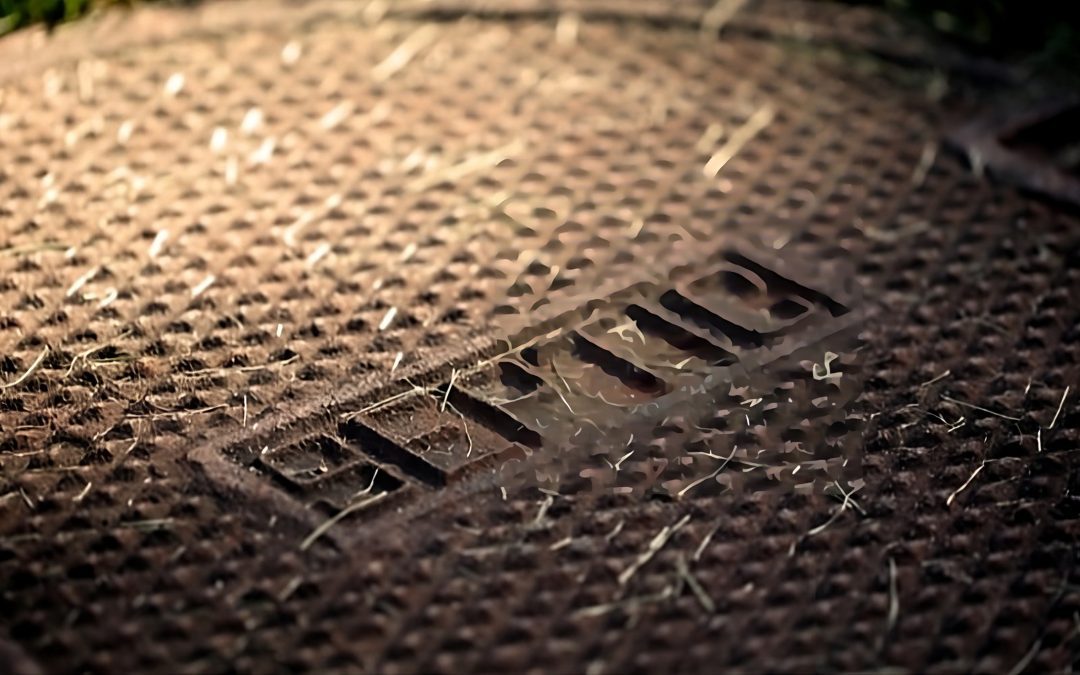If you’re in the process of purchasing a property with private drainage, it’s essential to be well-informed about the legal requirements and the information the seller is obligated to provide. The Environment Agency’s General Binding Rules outline specific details that the seller must share with you as the new owner or the individual responsible for the sewage treatment plant. In this article, we’ll delve into what you need to know to make an informed decision when dealing with properties featuring private foul drainage arrangements.
I’m buying a property with private drainage. What information does the Seller legally have to provide to me?
Under the Environment Agency’s General Binding Rules, when someone sells a property with private foul drainage arrangements, they must tell the new operator (the new owner or person responsible for the sewage treatment plant) in writing that a sewage discharge is in place. The information must include:
- a description of the treatment plant and drainage system
- the location of the main parts of the treatment plant, drainage system and discharge point
- details of any changes made to the treatment plant and drainage system
- details of how the treatment plant should be maintained, and the maintenance manual if you have one.
- maintenance records if you have them
WCI would suggest asking the following questions:
1. What private foul drainage system serves the property?
This could be a septic tank and drainage field, a reed bed, a sewage treatment plant, a private pumping station connected to the public foul sewer or a cesspool. Terms such as cesspit, soakaway, clinker bed or Klargester may also be used.
2. Is the system shared with other properties?
How many bedrooms does each property have?
3. Where is the system located?
Is it on land owned by you or a third party? Is there an easement in place if the system is not on your land? Do you have rights of access, and is a management company in place which sets out maintenance and emptying arrangements and payment of such activities? Do you have a plan of the system?
4. Where does the system discharge?
To ground via a drainage field or to a surface water i.e. ditch (dry, seasonally dry or flowing), stream, rhyne, stream, river. Ask for a sketch of the system including where it discharges.
5. When was the system installed?
Is there a Building Completion Certificate covering the installation of the septic tank? Do you have a Operations and Maintenance Manual?
6. How often has the system been emptied and maintained?
Has the seller kept receipts of each empty and service event or even an annual service report?
7. Does the system’s discharge have an Environment Agency Permit?
This may be called a Discharge Consent, an Exemption or a Permit. WCI will check the Environment Agency’s Public Register as part of the Home Buyers Drainage Survey report.
8. If the system is served by a drainage field. Do you know of any wells or boreholes for potable water nearby?
Drainage fields cannot be located within 50m of any well, spring or borehole that is used to supply water for domestic or food production purposes.
9. Have you experienced any issues with the system?
These could include backing up of drains, smells, a need to empty the system more frequently, blockages or wet patches on land over the drainage field.
10. Is there any history of problems especially during wet weather?
In the winter the groundwater sits closer to the surface and can prevent a drainage field working properly. Any rainwater connected into the wastewater treatment system could also cause problems including washing out the tank.
Knowledge is your asset
When it comes to buying a property with private drainage, knowledge is your best asset. By asking the right questions and obtaining the necessary information, you can ensure a smooth transition into your new property and avoid potential issues down the line. Remember, it’s your right to receive clear and accurate details from the seller regarding the drainage system. Take the time to understand the specifics, consult with experts (such as WCI) when necessary, and safeguard your investment.
Need some impartial advice when it comes to buying a property? Consider getting our Property Buyer’s Compliance Report and be certain of no unpleasant surprises further down the line. Just need to talk about options? Call us on 01984 623404.
